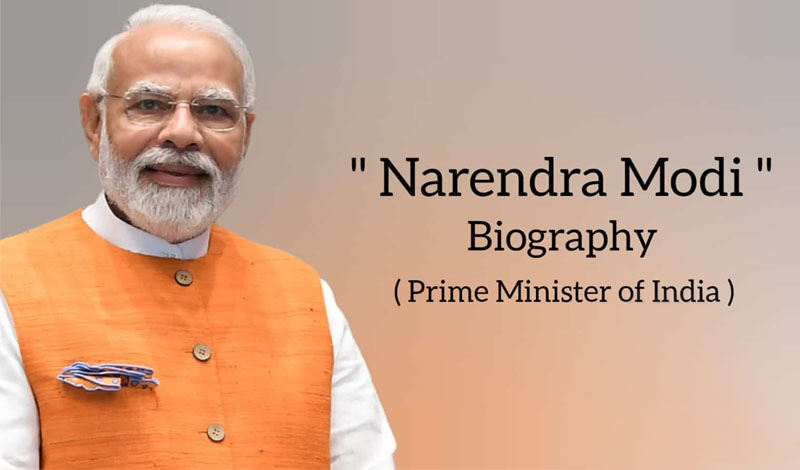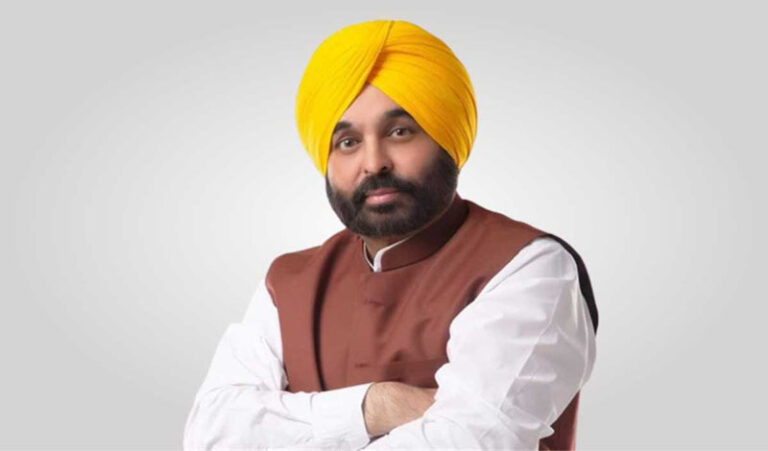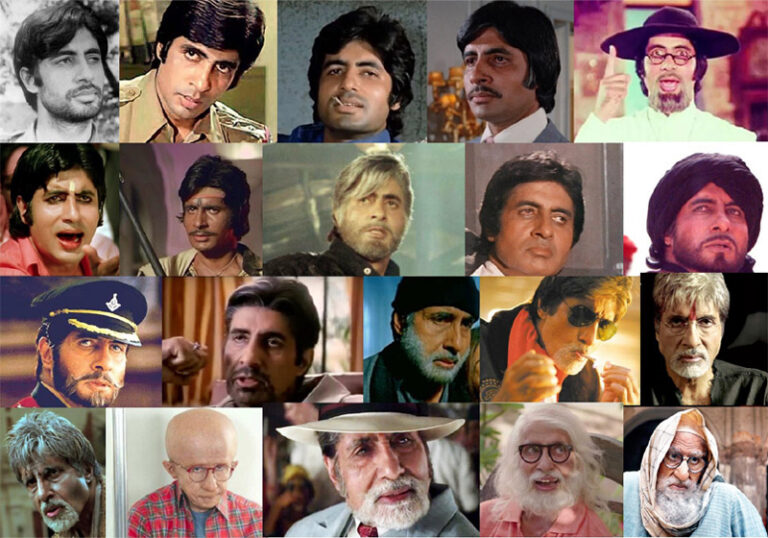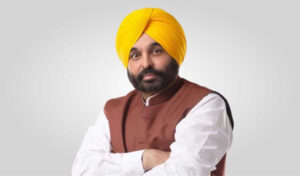Narendra Modi, the 14th Prime Minister of India, is a political figure whose impact transcends boundaries. Born on September 17, 1950, in Vadnagar, a small town in Gujarat, India, Modi’s life story is one of humble beginnings, perseverance, and determination. From his early days as a tea vendor to his rise to the highest echelons of power in India, Modi’s journey is a testament to the power of ambition and hard work.
Early Life and Education:
Narendra Modi was born into a modest family of grocers. His father, Damodardas Modi, and mother, Heeraben Modi, instilled in him the values of hard work and resilience from a young age. Despite facing financial constraints, Modi pursued his education with zeal. He completed his schooling in Vadnagar and went on to earn a degree in political science from the University of Delhi.
Modi’s thirst for knowledge and his passion for public service led him to join the Rashtriya Swayamsevak Sangh (RSS), a Hindu nationalist organization, during his college years. This early association would shape his political ideology and lay the foundation for his future endeavors.
Entry into Politics:
Narendra Modi’s foray into politics began in the early 1980s when he joined the Bharatiya Janata Party (BJP), the political arm of the RSS. His organizational skills and dedication to the party’s cause quickly earned him recognition within the party ranks. Over the years, Modi rose through the ranks, serving in various positions at the state and national levels.
Modi’s defining moment came in 2001 when he was appointed as the Chief Minister of Gujarat. Under his leadership, Gujarat witnessed rapid economic growth and development, earning him praise for his governance model dubbed the “Gujarat Model.” However, his tenure was also marred by controversy, particularly surrounding the 2002 Gujarat riots, which resulted in significant criticism both domestically and internationally.
Rise to National Prominence:
Despite the controversies, Narendra Modi’s popularity continued to soar, both within the BJP and among the Indian electorate. In 2014, he led the BJP to a historic victory in the general elections, securing a landslide majority in the Lok Sabha and becoming the Prime Minister of India. His campaign centered on promises of economic revitalization, good governance, and national security.
As Prime Minister, Modi embarked on an ambitious agenda aimed at transforming India’s socio-economic landscape. His initiatives such as Make in India, Digital India, Swachh Bharat Abhiyan, and the Goods and Services Tax (GST) aimed to boost economic growth, promote digital literacy, improve sanitation, and streamline taxation.
Modi’s foreign policy approach also garnered attention, with a focus on strengthening India’s ties with key global players while asserting its presence on the world stage. His efforts to bolster India’s defense capabilities and enhance its diplomatic outreach earned him praise as a statesman.
Family and Personal Life:
Despite his demanding schedule, Narendra Modi remains deeply connected to his family. He is known to be extremely close to his mother, Heeraben Modi, whom he considers his source of inspiration. Modi has maintained a relatively private personal life, with little information available about his family beyond his mother and siblings.
Age and Legacy:
As of 2024, Narendra Modi is in his early seventies, but his energy and commitment to his vision for India show no signs of waning. His leadership style, characterized by bold decision-making and a strong emphasis on nationalism and development, has polarized opinions both within India and abroad. While his supporters hail him as a visionary leader who has brought about transformative change, his detractors criticize him for his alleged authoritarian tendencies and his handling of issues such as religious intolerance and human rights.
Narendra Modi’s legacy is likely to be debated for years to come, but there is no denying the indelible mark he has left on Indian politics and society. Whether admired or admonished, his influence on the country’s trajectory is undeniable, making him one of the most consequential figures in contemporary Indian history.
In conclusion, Narendra Modi’s journey from humble beginnings to the highest office in the land is a testament to the power of ambition, resilience, and leadership. His story serves as an inspiration to millions of Indians and aspiring leaders around the world, underscoring the importance of perseverance and dedication in the pursuit of one’s goals. As India continues its march towards progress and development, Narendra Modi’s legacy will undoubtedly endure as a defining chapter in the nation’s history.





